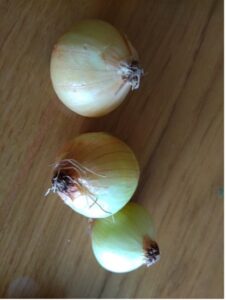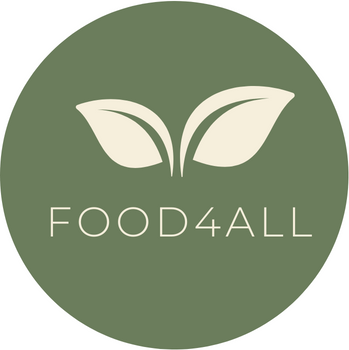Pesticides are a farming tool used to protect crops. Pesticides are used in both conventional and organic farming to prevent crops from being eaten or damaged by pests. Organic farming can use pesticides from natural sources. The organic farmer can only use a natural pesticide even when a synthetic pesticide is comparatively safer for the environment. Organic producers emphasize that organic standards mandate a preventative approach to pesticide use. The restrictions on which materials can be used might tip the balance in favor of fewer pesticides. Conventional farming can use pesticides from natural and synthetic (man-made) sources. Some conventional crops are also produced in a way that limits pesticides.
All food complies with health and environmental safety standards – whether pesticides used in production are natural or synthetic. The most important decision for your health is to eat vegetables, fruits, whole grains, lean meats, dairy, legumes and eggs – a balanced diet – rather than be concerned about pesticide residues on these fresh foods. Eating organic or conventional food is a personal choice.
The debate about organic and conventional farming can sometimes lead individuals to wonder if there is a right and wrong way to grow food. It is not possible to define agriculture in these simple terms. Each farm is unique and every farm practice has its benefits and challenges. A good farm manager considers the ecosystem of their unique farm system. They make decisions that have a minor impact on health and the environment.

Photo 2: conventionally grown onion Berovo region
